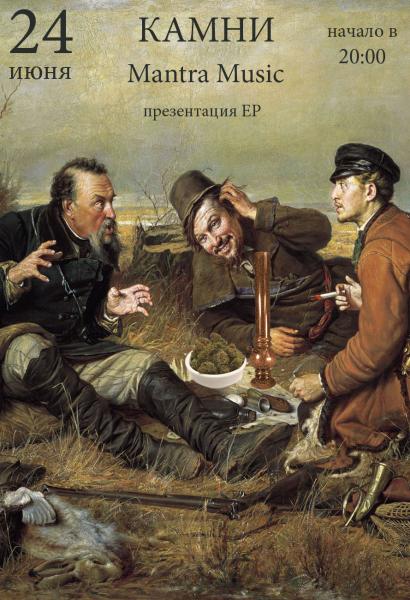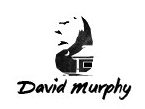English & Cyrillic is a poem that describes the way I felt about the dissolution of the Soviet state and the confusion and inhospitable relations that existed at the end of the Cold War. To me, the years from 1989 – 1993 feel very different than today’s times. It felt to me as if there was a great divide between the USA and the USSR, and even the alphabets, English and Cyrillic, were incompatible. In the poem, loneliness, separation, and feelings of coldness, separation, and a forbidding future are portrayed.

I. 101 Dalmatians
A… B… C… begins the lonely alphabet
and progresses, like digits in a limited set,
to a close decidedly sure and finite,
like the extent of clouds in weather systems.
Phonics and pronunciation mark lucidly
how we’ve arrived at our political geology:
by burning so many lightbulbs nobody can see the sky,
calling it poetry and lionizing warts—
There’s how we’ve arrived…
but what are we here for?
It doesn’t take a mathematician
to know two plus two makes four.
II. Gepetto & Pinocchio
Liquids, solids, gases /=/ steel machinery
amongst the Eastern European wheat fields,
the Ukrainian granary, the formaldehyde,
the slow, slow, Latvian lathe. People, terrified,
build boats to escape across the cold sea
from tall television sets, satellites, & the Rhine,
from the iron hand that broke in 1989.
A lone man wishes vainly on the stars.
коммунистические звезды
Wheat fields in the dusk, east of the Baltic sea bed.
There.
For once, we spoke plainly enough, she said.
Acknowledging alchemy can’t create gold from lead,
acknowledging there’s little blood left
that hasn’t been bled.
A naked Estonian boy takes a cold bath.
His mother shapes clay upon a lathe.
Across the grain fields, past the swather,
from the west, speeds a new gasoline car—
a lone man’s wish cracks on a communist star.

